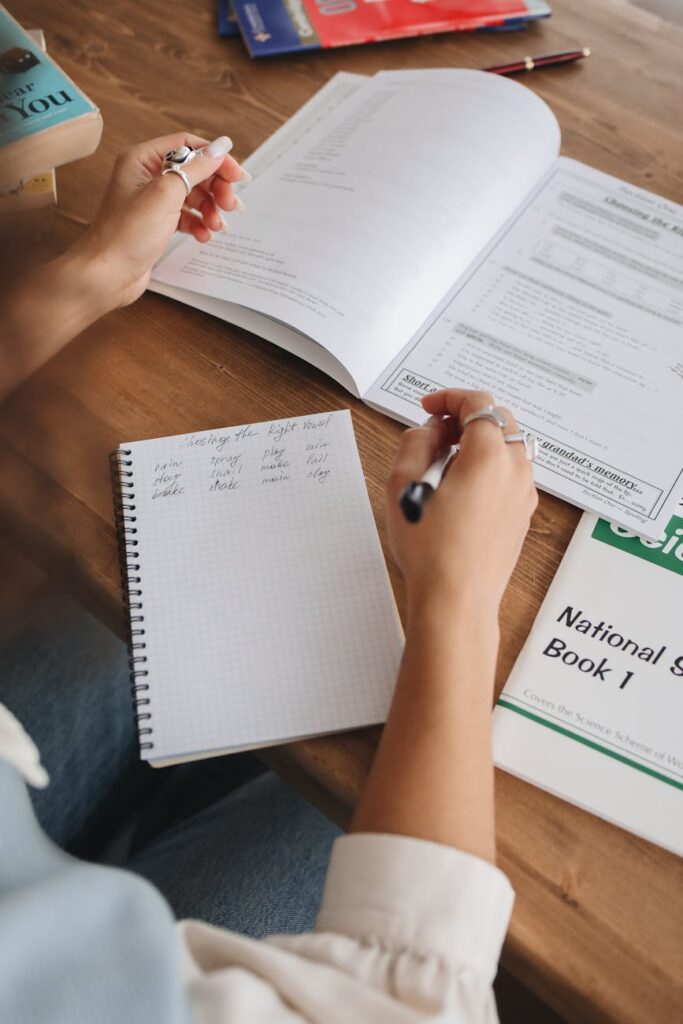What is study technique?

What is study technique?
Studying effectively is more than just hitting the books. It’s about finding the right study technique that aligns perfectly with your learning style. With so many strategies out there, understanding which ones can enhance your learning and productivity is essential. Whether you’re preparing for an exam, learning a new skill, or trying to retain information for your career, employing the right study techniques can make all the difference.
Introduction to Study Techniques
At its core, a study technique is a method or strategy used to facilitate learning and retention of information. The significance of these techniques lies in their ability to transform passive reading or rote memorization into engaging and effective learning experiences. Tailoring methods to fit individual learning styles—whether visual, auditory, or kinesthetic—can significantly boost your efficiency and outcomes.
Understanding Study Techniques
Study techniques matter because they provide structured approaches to learning. They help in organizing information, improving comprehension, and enhancing memory retention. With the right study technique, you can make your study sessions more productive and less overwhelming.
Types of Study Techniques
There are numerous study techniques available, each with its unique benefits. Here are a few worth considering:
- Summarization: This involves condensing information into concise summaries, making it easier to recall key points.
- Self-Explanation: Explaining the material to yourself or others solidifies your understanding.
- Elaborative Interrogation: Asking “why” questions about the material encourages deeper engagement and understanding.
For more on effective methods, check out this insightful breakdown of study techniques.
Benefits of Using Study Techniques
The right study techniques can lead to several benefits:
- Improved Grades: By using effective methods, students often see a boost in their performance.
- Better Retention: Active learning strategies enhance memory recall.
- Increased Confidence: Mastering material through these techniques builds self-assurance in academic abilities.
Popular Study Techniques
Some study techniques have gained popularity due to their proven effectiveness and versatility across various learning contexts. Let’s explore a few of these methods.
Pomodoro Technique
The Pomodoro Technique is a time management method that encourages focused study sessions. You work for 25 minutes, then take a 5-minute break. This cycle helps maintain concentration while preventing burnout. It’s a simple yet powerful way to boost productivity, especially during prolonged study periods.
Mind Mapping
Mind mapping is a visual tool that helps organize information hierarchically. By creating a diagram that connects ideas and concepts, you can enhance memory retention. This technique is particularly useful for visual learners who benefit from seeing relationships among different pieces of information.

Photo by Polina Tankilevitch
Spaced Repetition
Spaced repetition is a technique that involves revisiting information at increasing intervals. This method helps combat the forgetting curve, ensuring that knowledge is retained over the long term. It’s particularly effective for learning languages or studying for exams where memorization is key.
Choosing the Right Study Technique
Selecting the most effective study technique requires some self-reflection and experimentation. Here’s how to approach it.
Identifying Learning Styles
Understanding your learning style is crucial. Are you a visual learner who benefits from diagrams and charts? Or do you prefer auditory materials like podcasts or discussions? Recognizing your strengths will guide you in selecting the right study techniques.
Experimenting with Techniques
Don’t hesitate to try out various study techniques. What works for one person might not work for you. Keep a journal of your experiences to track what methods yield the best results. This trial-and-error process is essential to discover your optimal study approach.
Conclusion
In summary, study techniques are essential tools for anyone aiming to enhance their learning and retention. By understanding different methods and identifying your learning style, you can tailor your study approach effectively. Whether you choose the Pomodoro Technique, mind mapping, or spaced repetition, the key is to find what works best for you. Implement these strategies, and you’ll be well on your way to achieving your academic and personal goals.